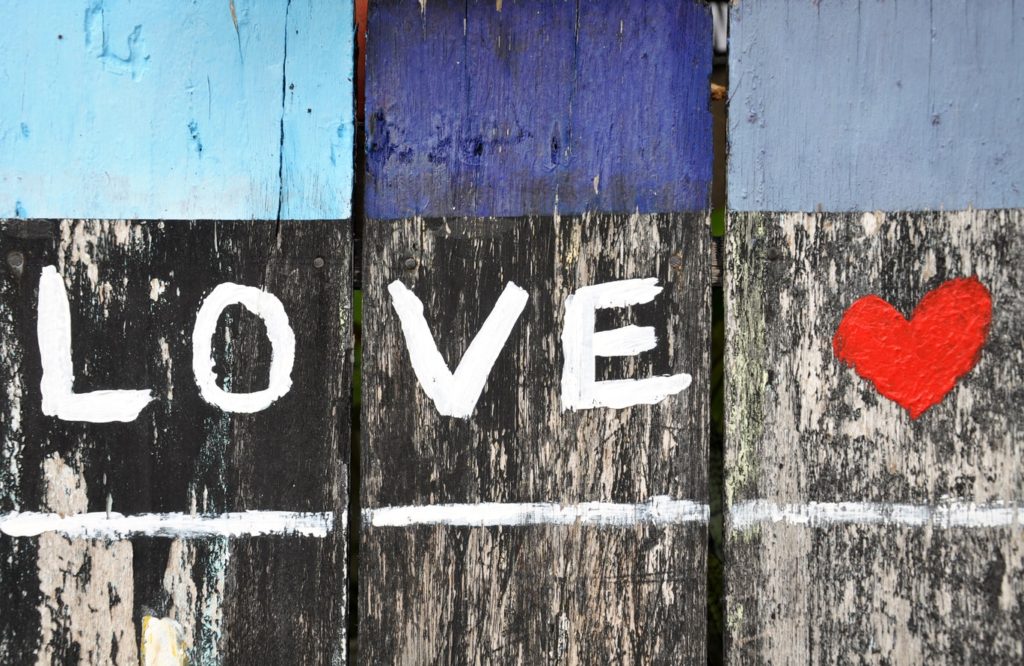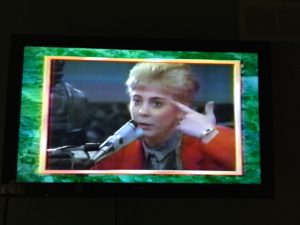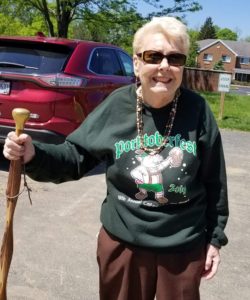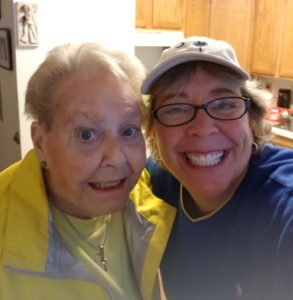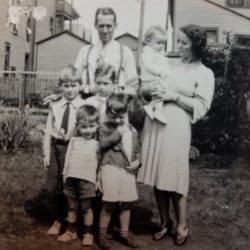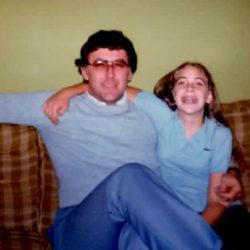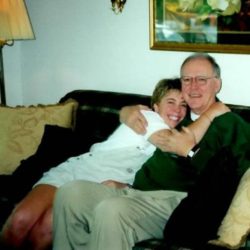I was sitting here in my writing space, contemplating ideas for today’s blog post, when a friend commented on an article I shared in my Unicorn Shadows Book Launch Group on Facebook. The article I shared was You Can’t Be Trauma-Informed If You Can’t See the Trauma – a fantastic reminder to keep in mind that we have not traveled another person’s journey, therefore, wearing a trauma-informed lens will help us to see beyond the after-math of trauma and, at the same time, avoid our own triggering. This beautiful friend shared:
“It’s so hard!! From my trauma I tend to take everything personally!! Yikes!! I need some skin thickening cream!! If you have anything helpful for that, let me know!! Thanks!!”

That was my blog post inspiration: a how-to on “thickening one’s skin” to being triggered in our own trauma history. I used to find myself responding to other’s without understanding the underlying currents flowing beneath my gut reactions. One of the first memories that comes to mind relates to my interactions with the director of a preschool where I taught many years ago.
I had been doing the stay-at-home-mom thing for years, but was asked if I would be willing to teach part-time at the preschool where my then two-year-old daughter was attending. I adore kids and their amazing logic, sponge-brains always absorbing, and their knack for teaching us grown-ups about unconditional love. So I climbed on board the preschool wagon. A year in, this new director was brought on board . . . the one I allowed to push my buttons.

The day I walked into my classroom to find it completely rearranged, with new labels in place on some of my stations (i.e. sensory table, science area, reading corner), my head went kaboom! I stomped into her office and stated my case, accusing her of disrespecting my role as a teacher and violating my space and all I had accomplished in setting it up exactly as I had envisioned. There was an apology (of sorts) and we ended up coming to an agreement of terms on how we would handle any future changes she deemed necessary in the classroom. Fair enough.
In hindsight, I look back and realize how my response had little to do with the changes she made – they actually made sense and were beneficial for the children – and everything to do with the remnants of the trauma history of my youth. Walking into that classroom left me feeling as if I had no control, no voice, a loss of power within the confines of my space, and fearing retaliation if I would speak up.
What can we do if we find ourselves easily triggered by the actions or words of others?
- Pause. Stop. Take a breath. Step back.
All of those little tidbits of advice we hear often when we find ourselves stressing out. They work. If we stop for just a moment to notice the reaction we are experiencing, we can allow ourselves the opportunity to “be gentle” with ourselves and “just notice”. When I stand in front of audiences and share my Story of Hope, I emphasize these two points.
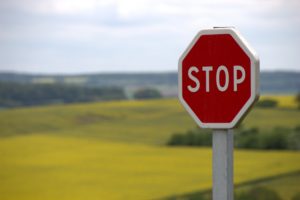
Learning to be gentle with myself was a huge catalyst for healing. I learned to simply allow the feelings to be, without judging them, without trying to correct or guide them. I just let whatever was surfacing to flow through me. Then I would allow it to dissipate. Again, without judgment. The concept of “just noticing” is a part of this process. I allow myself the opportunity to experience whatever is rising to the surface within me by merely noticing it, observing it.
2. Remind ourselves we have not traveled another’s journey.
When I learned the concept of forgiveness on a soul level, it allowed me the opportunity to look at my transgressor’s lives from outside my own wounds. I reminded myself that I had not traveled their road. While I was not justifying their actions in any way, I was gifting myself freedom by releasing their negative impact on my current life. I allowed them their journey and, in so doing, continued along my own without them tagging along.

Perhaps my transgressors had been abused, neglected, hurt in profound ways, or traumatized. Their actions toward me or my indirect involvement in their actions really had little to do with me.
3. Send positivity toward others.
Once we have paused, then reminded ourselves we do not know another’s driving force for their negative behaviors, we can turn around our normally automated defensive reaction and instead send some positive energy toward that person/situation. That can be a quick prayer, a wish for the individual to find a moment of peace, a sincere smile followed by silence, a purposeful sending of love from our heart toward the offender’s, whatever way feels as if you are sending positive energy.

By allowing this affirmative energy to flow from us, from a heart and soul place in lieu of an ego perspective, we empower ourselves in the process while providing much-needed goodness toward others.
4. Journal about the moment.
When all is said and done, record it in some way. Journal, make a video blog, voice record it, again, document it in whatever way you find helpful. The point is to allow yourself to release your encounter without judgment. Set it free, perhaps noticing what triggers arose in you initially.

Remember to be gentle with yourself and merely notice what is surfacing as you record it. I also recommend writing without editing. A free-flow release can sometimes bring to light a long-sought-after answer.
Keep me posted on your progress! I love hearing stories of positivity, inspiration, and motivation. You are worthy of peace and joy. This is one way to empower yourself with those gifts.


